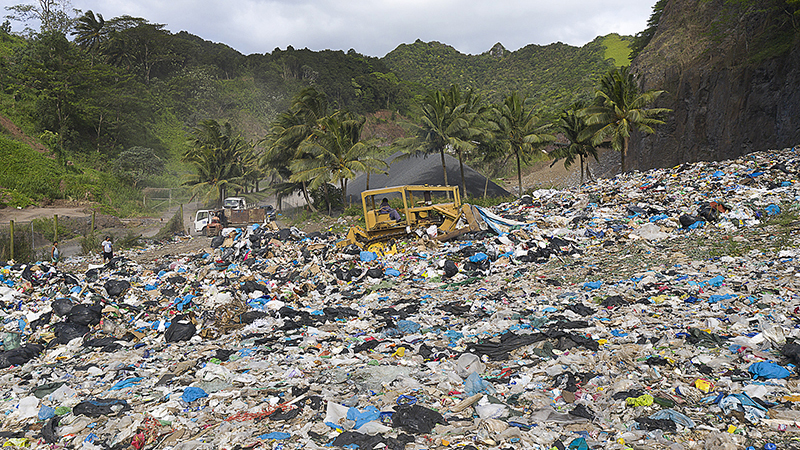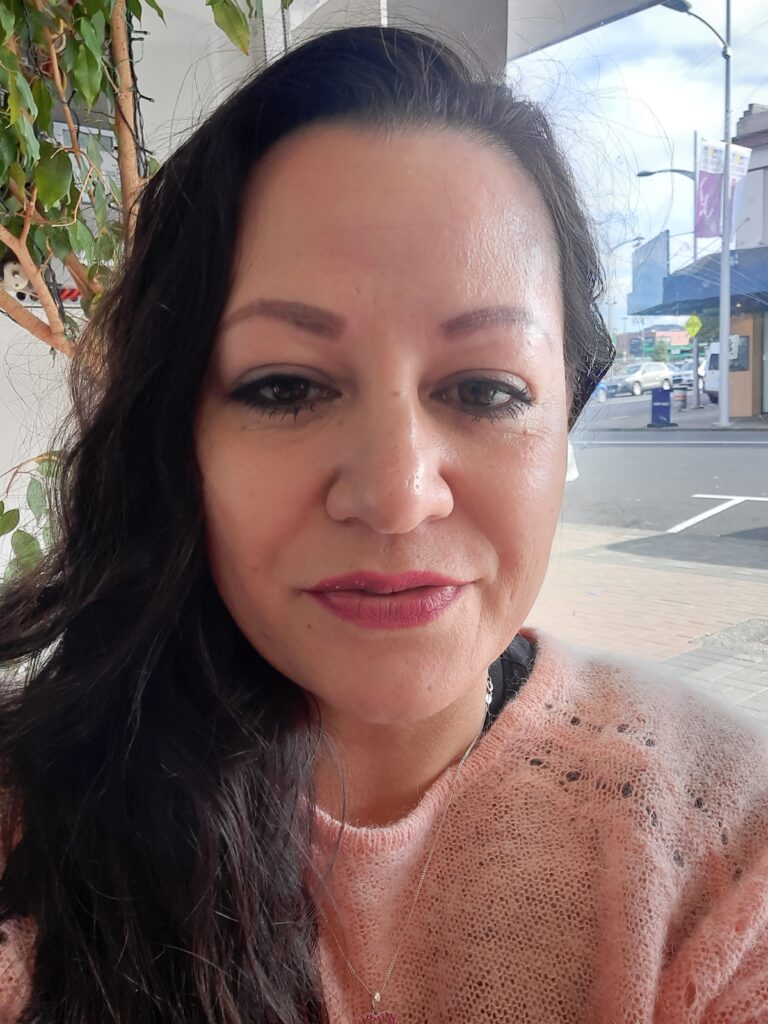Rarotonga fast reaching a solid waste crisis: PhD
Saturday 4 December 2021 | Written by Al Williams | Published in Education, National

The Rarotonga landfill is full and growing. GRAY CLAPHAM 19090428/29/30/31.
University of the South Pacific Cook Islands’ first Doctor of Philosophy (PhD) graduate has sounded warning over the growing waste problem in Rarotonga.
Dr Rerekura Teaurere has acknowledged family, friends and the numerous people who have supported her along the path to becoming the first University of the South Pacific (USP) Cook Islands Doctor of Philosophy.
However, she is sounding a warning.
Teaurere, a recent graduate, is on the phone from Auckland where she is a lecturer at Auckland University of Technology, teaching under the Faculty of Culture and Society.
It’s been a long journey.
“It wasn’t just me, this has been contributed to by so many people.
“It is a co-construction of knowledge with input from so many people.”
She spent several years looking into the influence of the Cook Islands Tourism accreditation scheme on sustainable solid practices in Rarotonga’s accommodation industry.
Teaurere focussed on corporate environmental responsibility in the accommodation industry of Rarotonga.
In particular, her research interest is in solid waste management in the context of South Pacific small islands with tourism, due to the complexities and issues associated with tourism, solid waste generation, and solid waste management.
More broadly, her research interests sit within sustainable development, ecotourism, corporate environmental responsibility, traditional ecological knowledge and indigenous forms of environmental management.
New Zealand born and raised, Teaurere made a connection with Penrhyn through her father.

She has been back and forth to the Cook Islands in the course of study and work that includes a stint at the Prime Minister’s Office in the early days of the climate change division.
Teaurere admits its heady work as her research is ongoing.
“When you do intense research, it can send you crazy.
“It’s a long process; you are providing a book of qualitative research,” she says of her PhD.
She estimates the word count is about 115,000, equating to 360 pages.
In conclusion, Teaurere says she developed a theoretical and practical solution and provided management implications.
“Tourism is the country’s economic mainstay and with tourism comes environmental degradation.
“The life of the landfill needs to be extended in order for tourism to continue.
“Everybody has a role to play, I’m not targeting the accommodation sector.”
Teaurere spells it out in the abstract of her PhD in Geography.
“Tourism is a highly consumptive industry and a significant generator of solid waste.
“Consequently, the accommodation industry is argued to have a corporate environmental responsibility (CER) to contribute to sustainable destination development by implementing sustainable solid waste management (SWM) into business practices.
“Accommodation industry certification schemes are argued to have the potential to reduce solid waste generated in accommodation businesses.
“Rarotonga in the Cook Islands is fast reaching a solid waste crisis and with growing tourism numbers there is urgent need to reduce solid waste generation.”
Teaurere says her research contributes to the limited literature on CER in the accommodation industry of Pacific Small Island Developing States (SIDS) through determining the role of the Cook Islands Tourism accreditation scheme in improving SWM practices through compliance and providing a collaborative foundation for sustainable SWM practices in Rarotonga’s accommodation industry.
Her research focussed on a qualitative approach, using semi-structured interviews, focus groups and observation.
Crystallisation and thematic data analysis were applied.




































